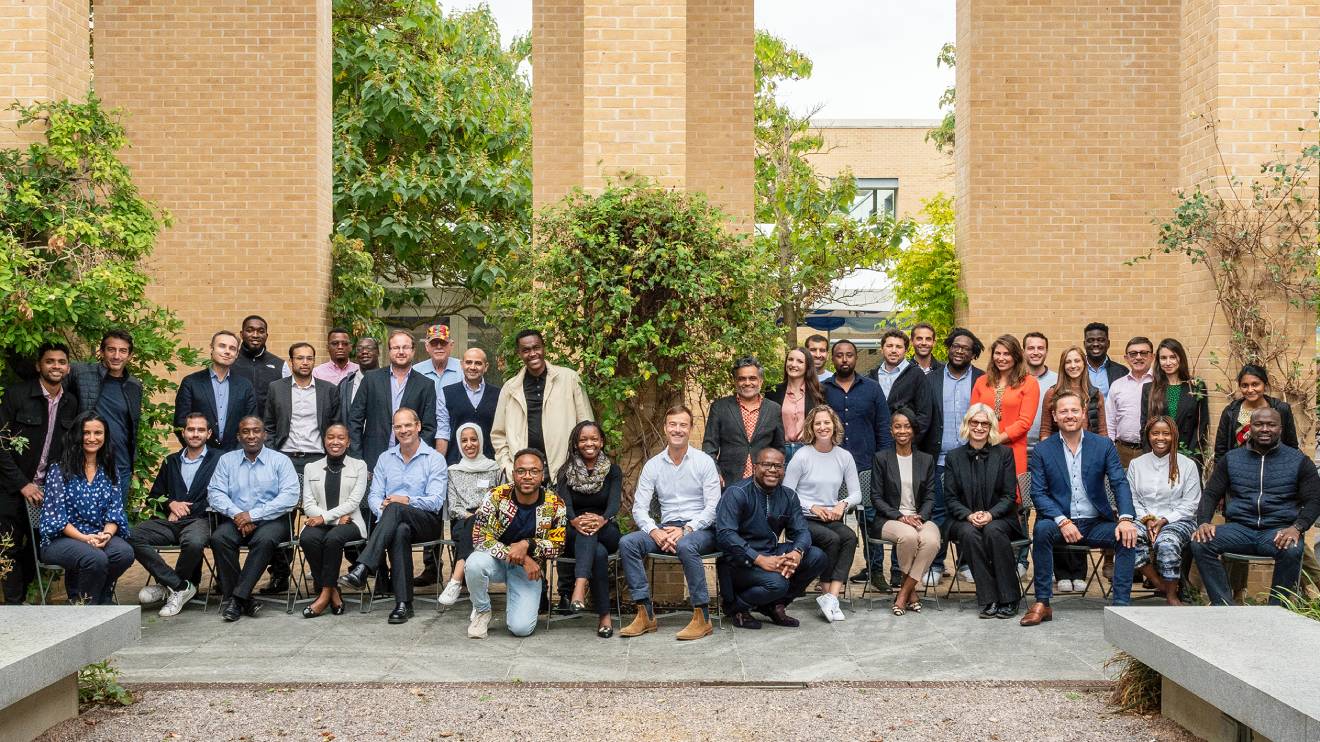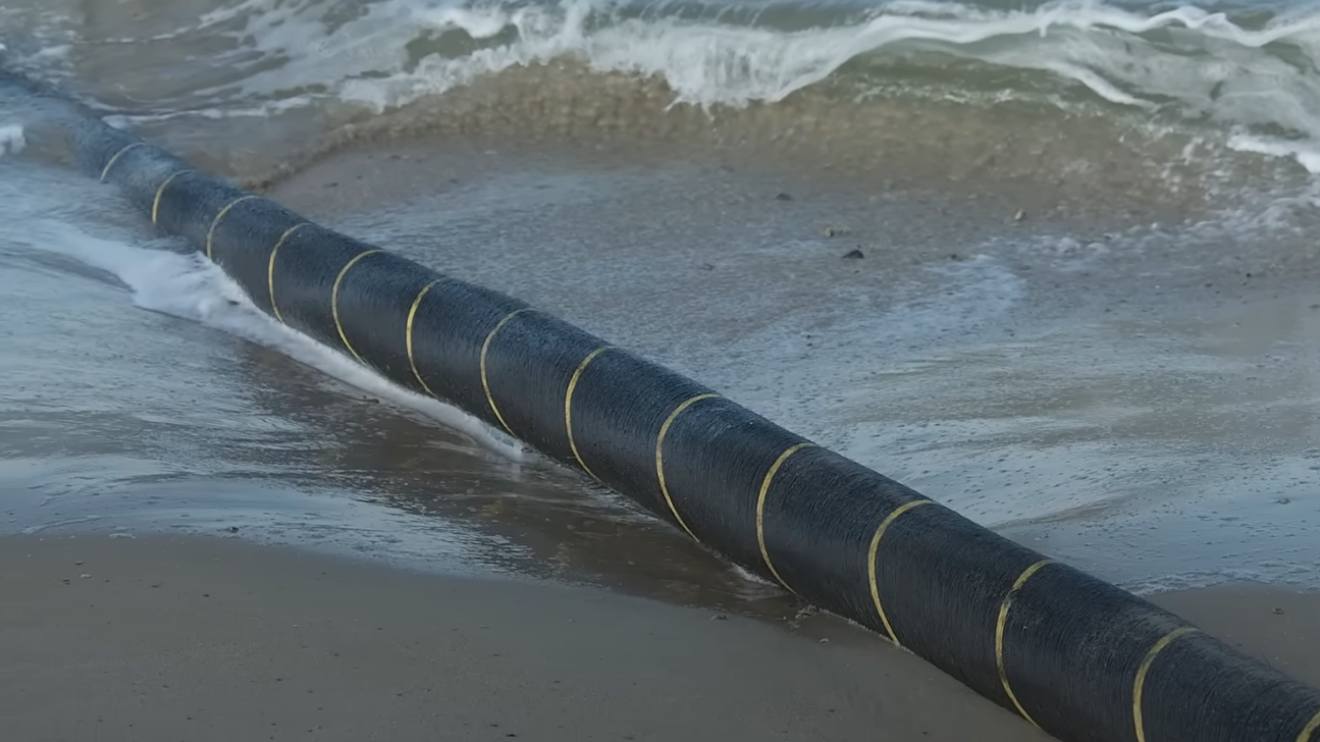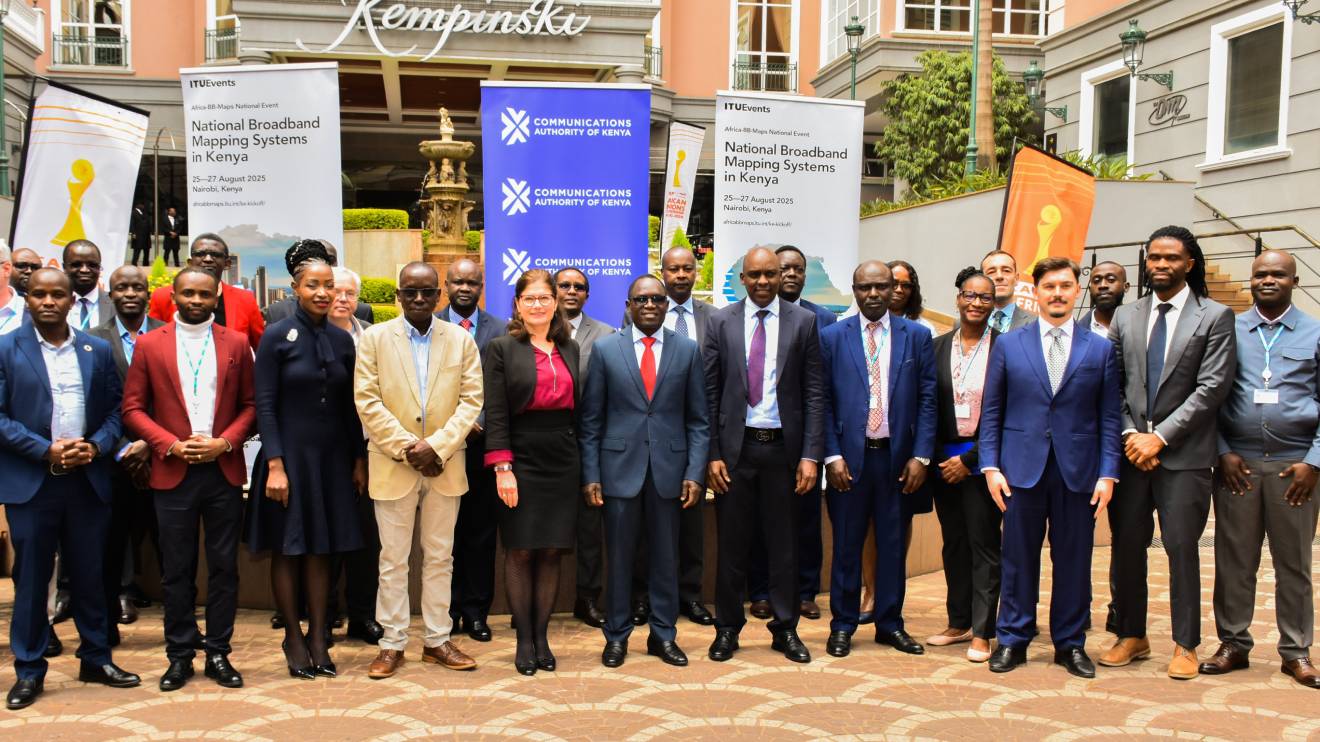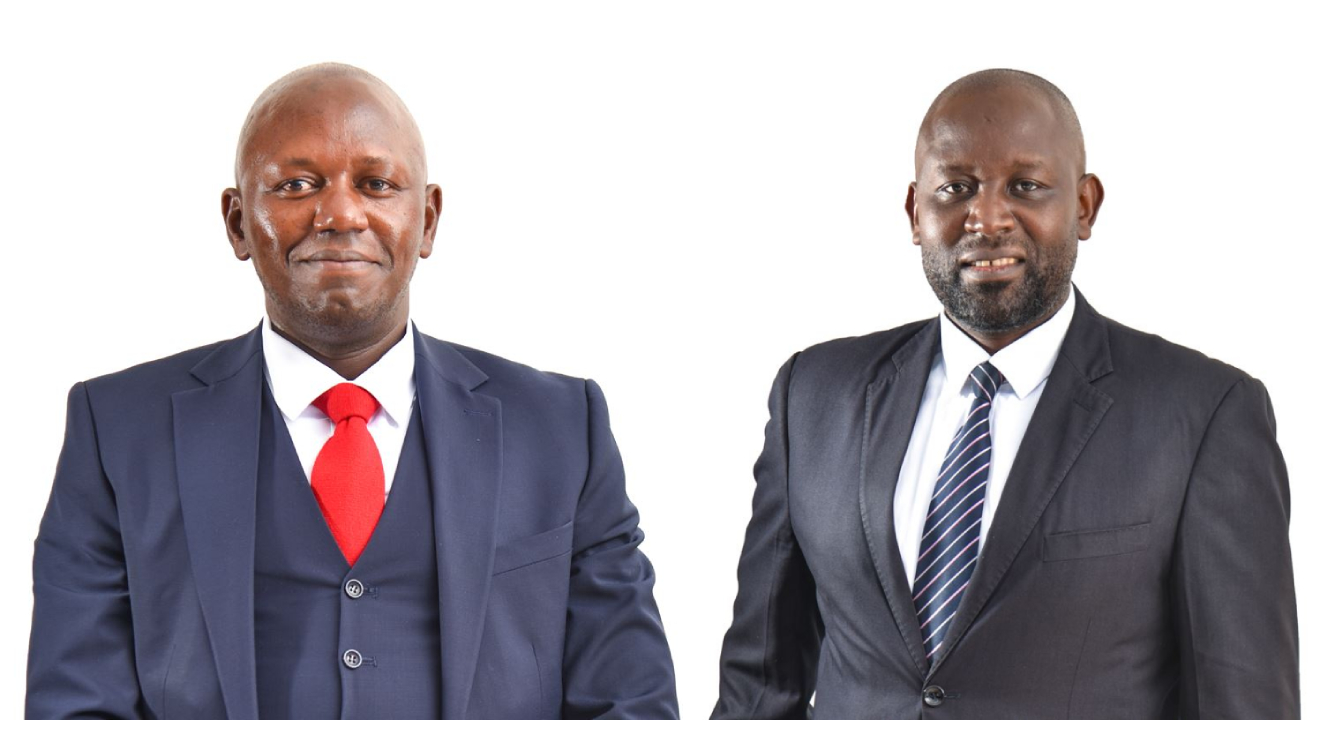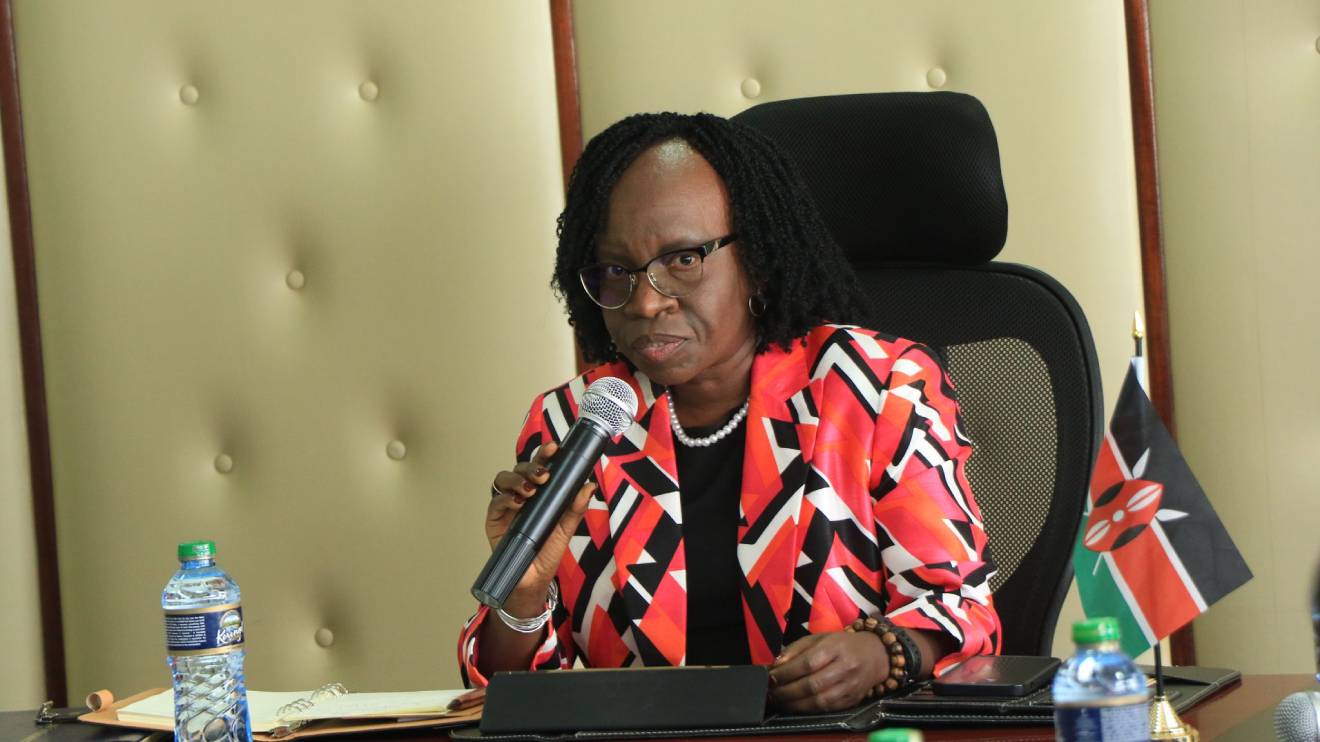In a landmark move aimed at transforming the soundscape of Kenyan film and television, the MultiChoice Talent Factory (MTF), alongside the U.S. State Department and the U.S. Embassy in Nairobi, recently hosted a pioneering sound design masterclass from November 6-8.
The event, which gathered over 70 sound design experts and enthusiasts, sought to address persistent quality gaps in local productions by equipping industry professionals with the skills to elevate Kenyan films and series to global standards.
Recognising the influence of international partnerships on industry development, Crystal Waitekus, Deputy Cultural Attaché at the U.S. Embassy in Nairobi, highlighted the importance of such collaborative efforts.
“As Hollywood and global streaming platforms expand their reach, initiatives like this sound design masterclass represent an important step toward fostering local talent, improving the technical and artistic quality of local productions, and ensuring that Kenyan and broader African films are heard literally and figuratively,” Waitekus stated.
“We envision a future where local productions get international recognition for sound excellence and this masterclass is a step to achieving this.”
Read More
Over the years, Kenya’s film industry has seen substantial growth, yet sound quality challenges persist, according to insights from local producers. High equipment costs, limited software access, and a lack of certified facilities often hinder producers’ ability to meet global standards.
This is compounded by a scarcity of mentorship opportunities and a limited understanding of sound intricacy and narrative, leaving many directors ill-equipped to deliver exceptional sound quality. Furthermore, with no mandated sound standards in broadcasting, the lack of uniformity impacts audience experience significantly.
MTF Eastern Africa Academy Director Victoria Goro emphasised the transformative potential of sound design on storytelling in film.
“Sound design is an integral part of the filmmaking process that truly enhances the viewing experience. It has the power to immerse the audience in the story, create a sense of realism, establish mode and tone, and evoke emotion, thus making the viewer feel like they are part of the story,” Goro explained.
She noted that poor production values in sound can detract from viewers' enjoyment, stressing the importance of addressing these issues to boost the quality of Kenyan productions.
The masterclass sessions, facilitated by Andrew Gross, an Emmy-nominated music director from Los Angeles’s Konsonant Music, provided practical training in sound recording, mixing, and post-production.
Gross also taught participants industry-critical skills such as loudness compliance, immersive audio techniques, and collaborative sound design, all tailored to meet international industry expectations.
Addressing misconceptions around sound production, Goro added, “We also need to debunk the myths around sound production such as sound design being difficult to understand or practice. This masterclass lays the groundwork for the local film industry to achieve a competitive edge on the global stage. We hope that the graduates of the masterclass will become advocates for improved sound quality in the industry, thus inspiring a broader movement toward high production standards."
With strengthened technical expertise and a renewed commitment to sound excellence, participants of this masterclass are expected to champion a new era of sound innovation in Kenya’s burgeoning film industry.
This initiative, organisers say, is a step toward creating a future where Kenyan productions command international recognition not just for their storytelling but for their sound quality—a leap forward for the industry and audiences alike.

-1731594885.jpg)
